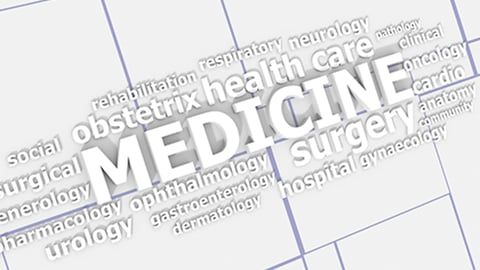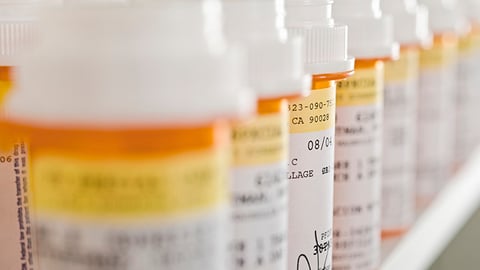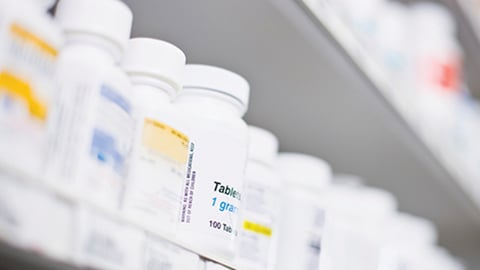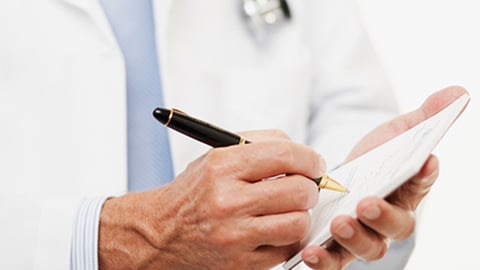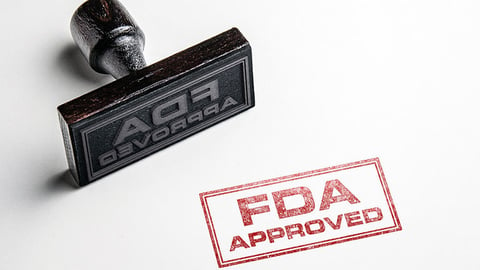-
FDA approves first Herceptin biosimilar from Mylan, Biocon
The Food and Drug Administration has approved the first biosmilar to treat HER2-positive breast cancer and certain gastric cancers, the agency announced Friday. Ogivri (trastuzumab-dkst), from Pittsburgh-based Mylan and Bengaluru, India-based Biocon, is a biosimilar of Genentech’s Herceptin, and the second biosimilar approved to treat cancer.



